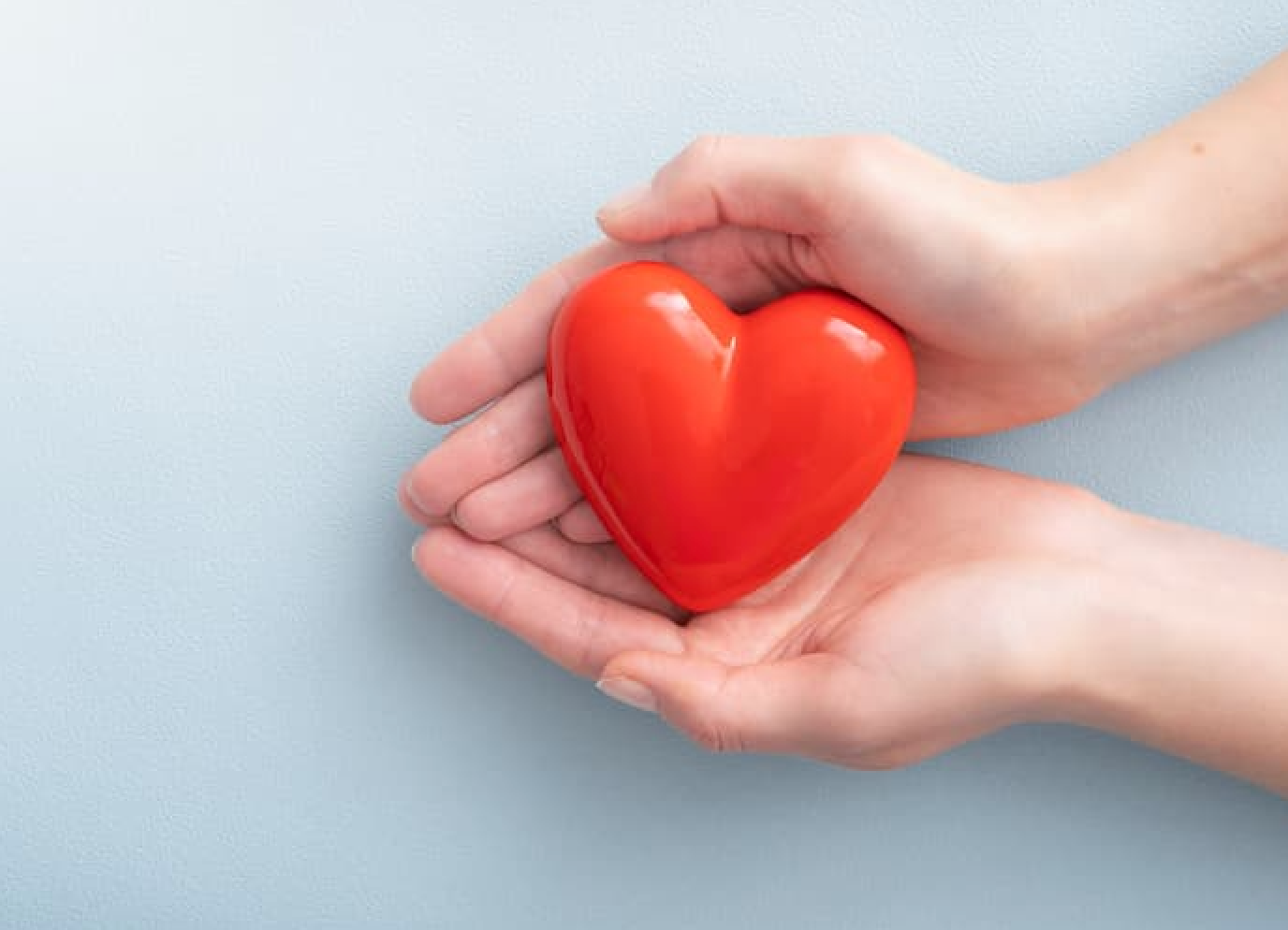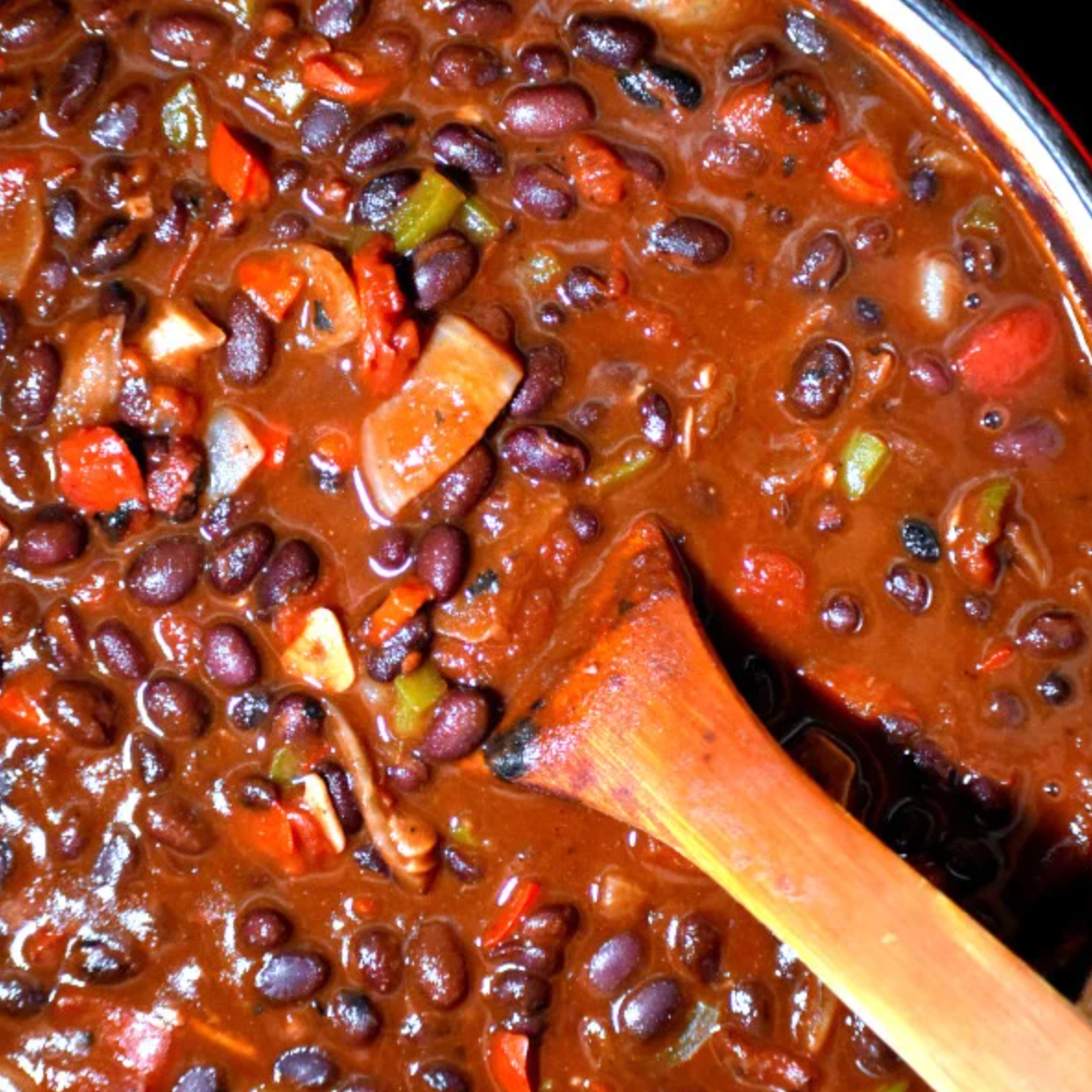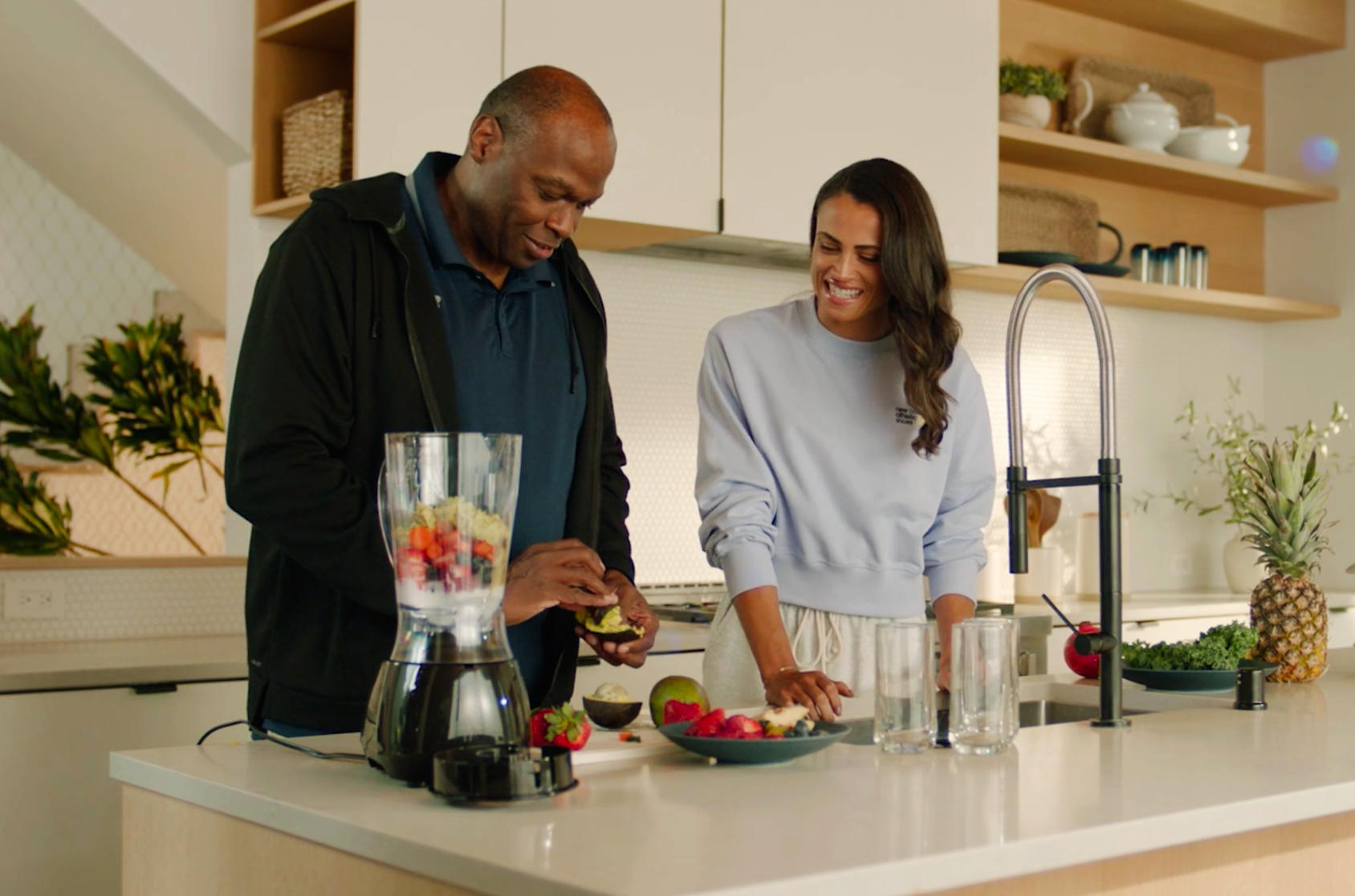
The Rise of the Sober Curious Movement
Nearly half of Americans plan to drink less alcohol in 2025, with Gen Z leading the movement.
By
Lana Pine| Published on January 21, 2025
4 min read
The sober curious movement is gaining popularity, with nearly half (49%) of Americans planning to drink less alcohol in 2025, representing a 44% increase from 2023. According to results from a survey commissioned by NCSolutions (NCS), Dry January participation has grown by 36% year over year, and purchases of nonalcoholic beer increased by 22% from December 2023 to November 2024.
These findings are consistent with an upward trend over the last three years of people planning to cut back on alcohol consumption. In 2023, 34% of Americans reported they planned to drink less alcohol. This percentage jumped to 41% in 2024.
A study published in BMJ Open highlighted the benefits of taking a break from alcohol, showing that regular drinkers who abstained for 30 days reported weight loss, better sleep and more energy, in addition to lower cholesterol and blood pressure levels. These patients also had lower cancer-related growth factors in their blood.
NCS highlighted the month of January is the least popular month to buy alcohol thanks in part to Dry January — the well-known annual challenge to abstain from alcohol. In 2024, spirits purchases dropped 39% month over month; wine fell 36%; and beer, cider and hard seltzers saw a 21% decrease over the same period.
“As more consumers, especially younger ones, embrace a sober curious lifestyle, we’re seeing a change in purchasing behavior following this cultural shift,” noted Alan Miles, chief executive officer at NCSolutions.
In addition to increases in nonalcoholic beer, wine and spirits, Americans are also showing a growing interest in THC- and CBD-infused beverages, with 26% of people reporting interest in trying cannabis-infused drinks in 2025. Gen Z and millennials have expressed the most interest, with 38% and 37% of those surveyed, respectively, indicating they would be willing to try these options. This is up from 30% and 32%, respectively, in 2024.
Gen Z leads the sober curious movement, with 65% planning to drink less and 39% committing to a fully dry lifestyle in 2025. This is in comparison with 30% of baby boomers and 49% of Gen Xers who say they plan to drink less in the new year.
“Over three years of data, the trend couldn’t be more clear — younger consumers are strongly motivated to drink less alcohol than their parents and their grandparents,” Miles emphasized.
For those interested in participating in a break from alcohol, Harvard Medical School offers some advice:
- Find a substitute drink: These can include sparkling water, mocktails, soda and nonalcoholic beer or wine.
- Avoid temptations: Bring your own nonalcoholic choices when invited to a friend’s house and keep alcohol out of your sight at home.
- Lean on friends and family: Letting your support system know you are planning on taking a break from alcohol can help keep you accountable. Even better — invite them to participate along with you!
- Search the app store: Apps, such as the Try Dry app, can help with tracking drinking and setting personal goals. They may also provide motivational information such as the money and calories you’ve saved from not drinking.
- Don’t give up: If you slip up, don’t sweat it — simply start over the next day!

